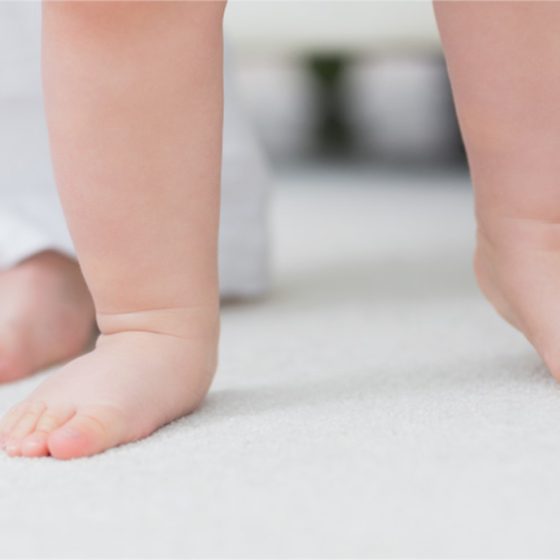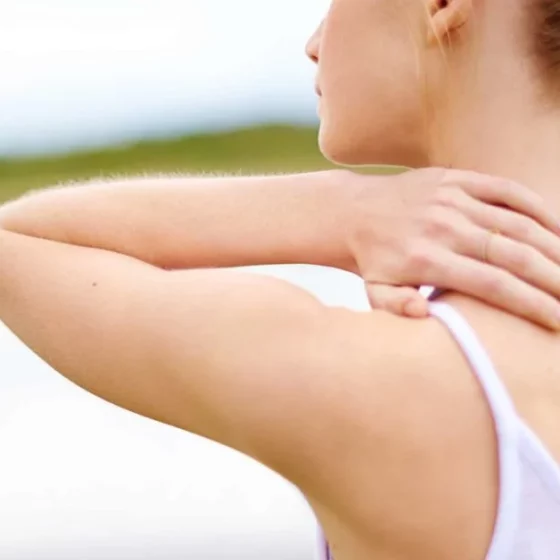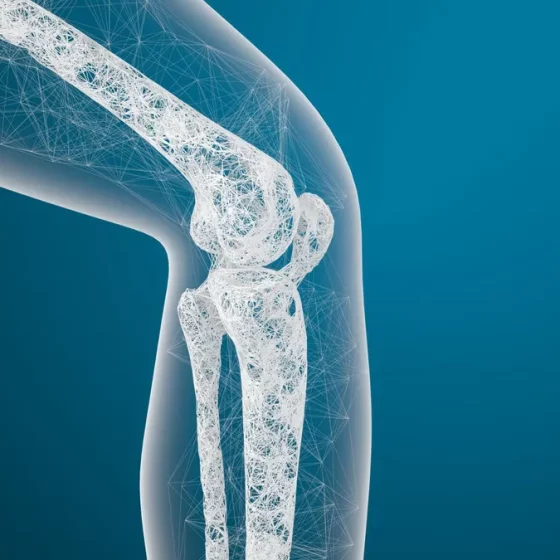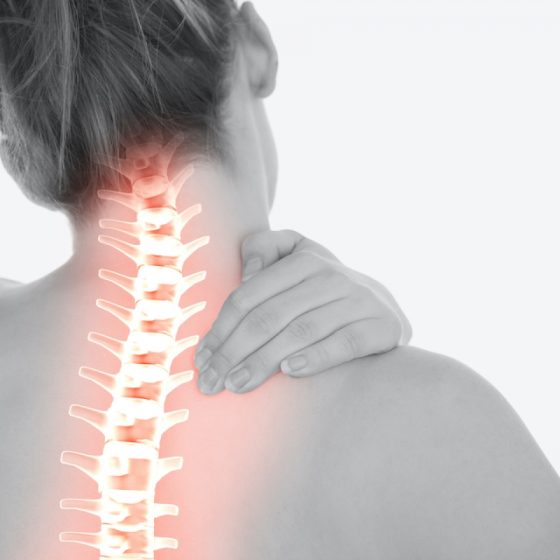Rickets
What is rickets? Rickets is a preventable bone disease that causes the bones to be soft and weak. It occurs in children, and occasionally teenagers, but not adults. If a child has soft bones, the bones can bend slightly into an abnormal shape. What are the symptoms of rickets? Children with rickets might: be slow to have the front fontanelle (the soft part at the top of a baby’s head) close be slow to grow be slow to crawl and walk have teeth that grow late and have poor quality enamel have bow legs, knock knees or legs that aren’t




